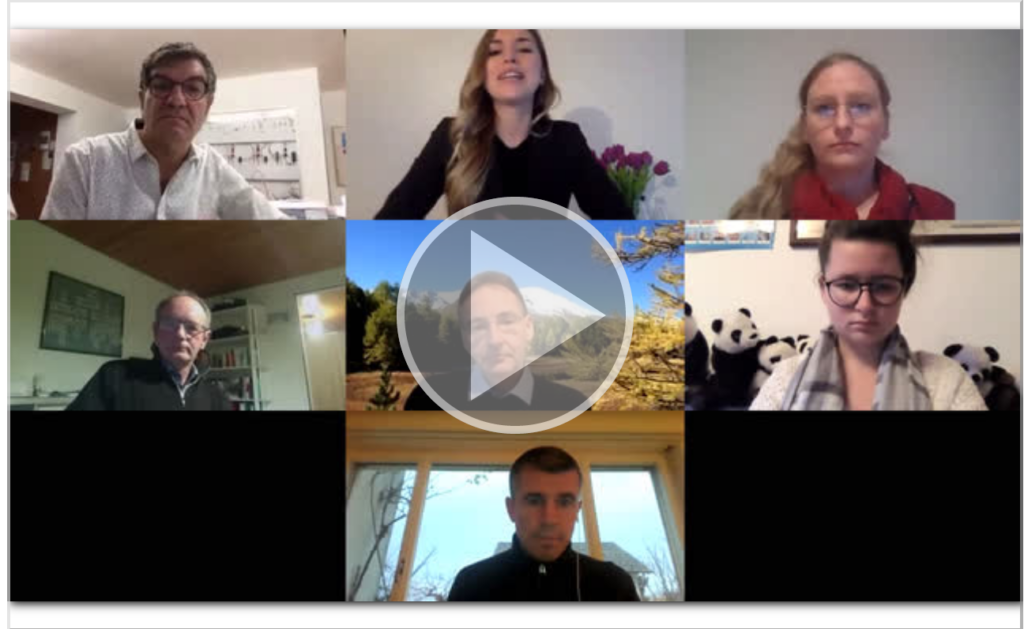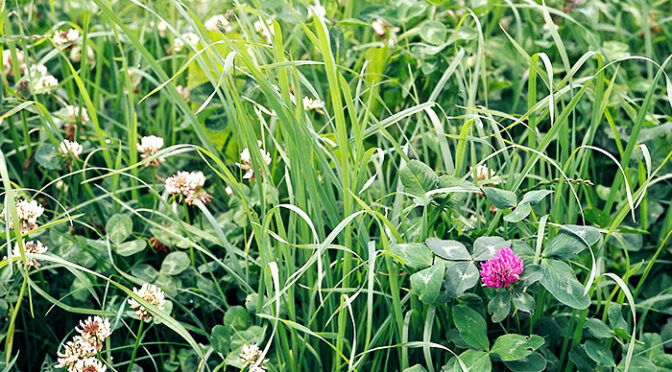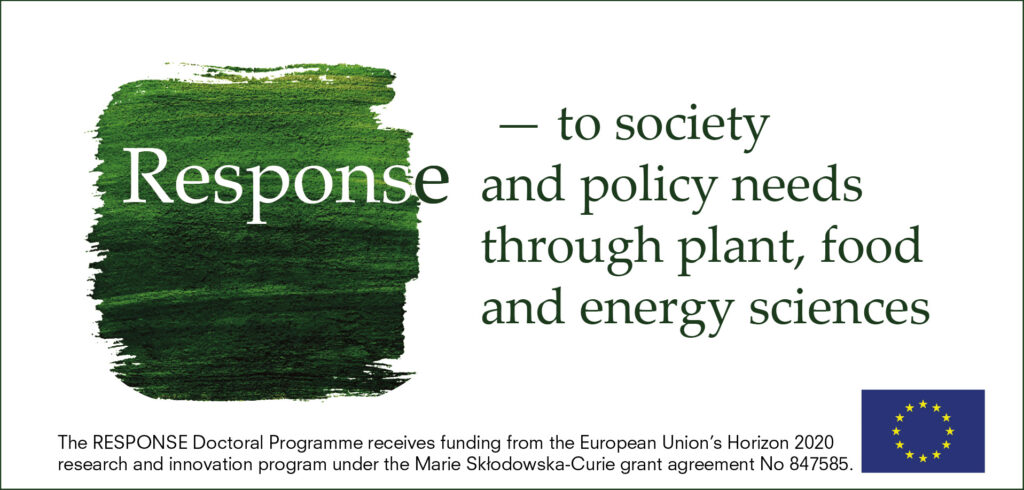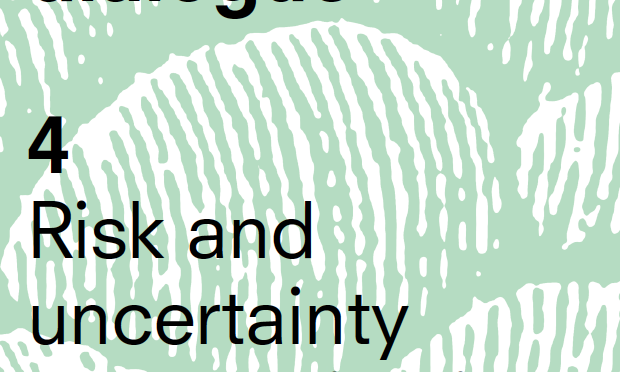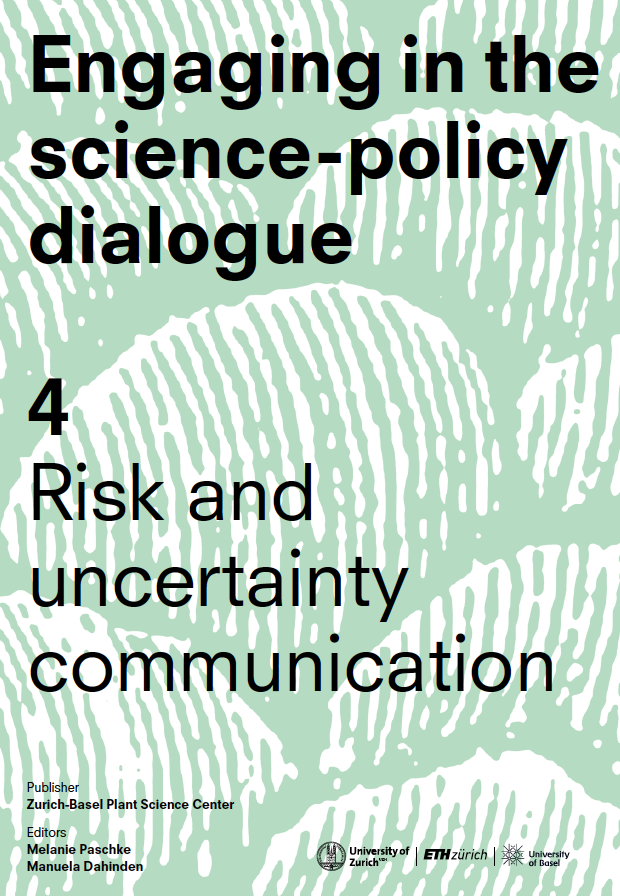By Sergei Schaub
Background
Grasslands cover a large portion of the global land area and are essential for global food security and the agricultural economy. Grasslands provide many ecosystem services in addition to forage production, such as biodiversity, pollination, carbon sequestration, and outdoor recreation. Changes in agricultural production, biodiversity loss, and climate change (and with it, for example, increased droughts) are putting increasing pressure on grasslands and grassland-based production. This increasing pressure requires farmers to make adjustments.
Farmers have several instruments at their disposal to adapt their grasslands, including the choice of (plant) species diversity. Species diversity can increase yields and grassland stability, as well as species diversity can reduce the adverse effects of weather extremes (e.g., droughts). A key challenge is to quantify these species diversity benefits for farmers economically. These realities gave rise to the central question of my dissertation: ‘What is the value of species diversity for farmers in grasslands?’
What evidence is useful for policymaking?
In my thesis1, I showed that species diversity can increase yields while it did overall not negatively affect forage quality, both in intensively managed grasslands and managed semi-natural grasslands. Thus, species diversity can increase revenues from milk production. Additionally, I found that species diversity can reduce production risk in intensively managed grasslands. These benefits of species diversity were also present under climate change conditions, i.e., increasing drought probability. Therefore, my thesis results show that species diversity can be an economically relevant production factor and that the increasing species diversity in grasslands can contribute to sustainable intensification of grassland-based production.
Continue reading The Value of Species Diversity in Grasslands →
